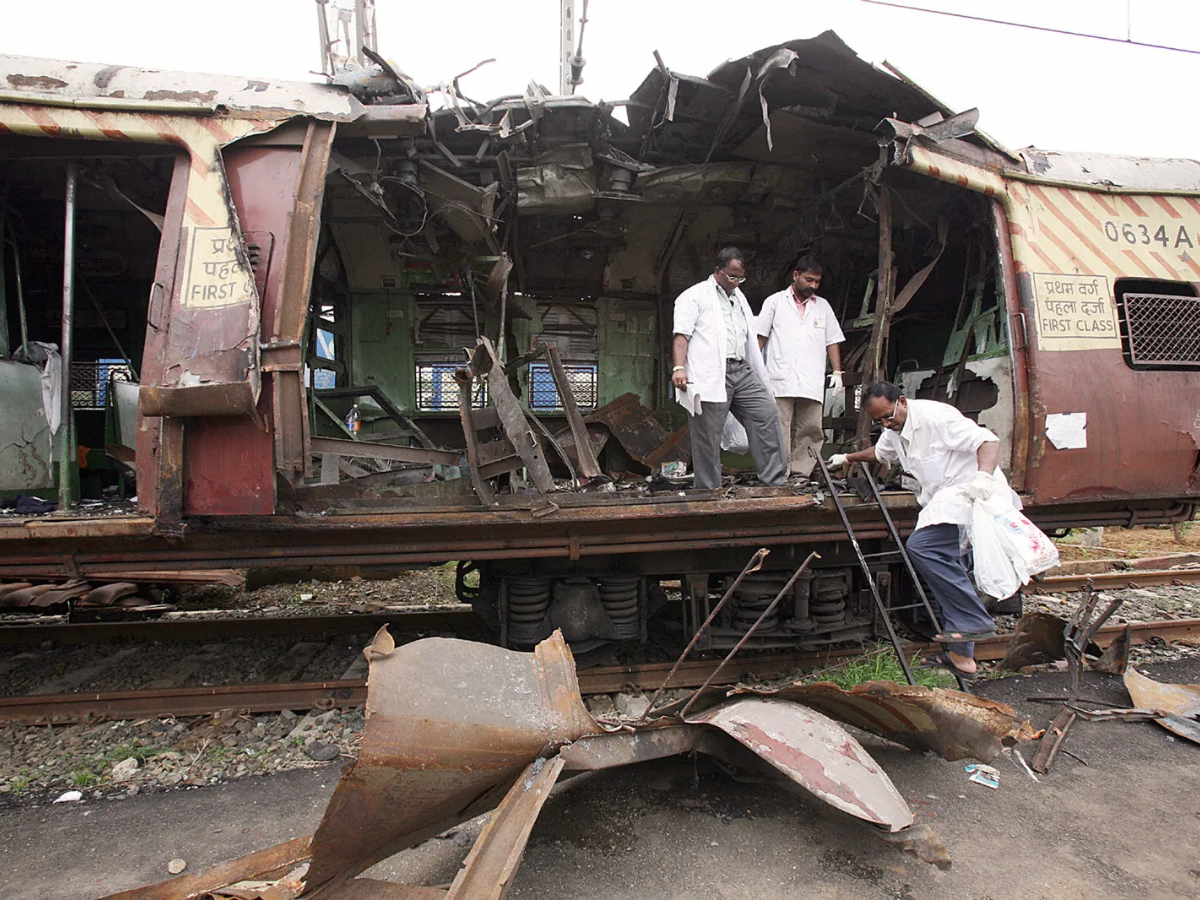In the latest development, the Supreme Court of India has stayed the Bombay High Court judgment that acquitted 12 persons accused in the 2006 Mumbai train blasts case. A bench of the top court issued a clear directive that, while it has put a hold on the High Court’s order, the 12 accused who were acquitted will not be taken back into custody. The court clarified that its interim order only applies to the acquittal and does not impact the liberty of the accused. This move came after the Maharashtra government challenged the High Court’s decision to acquit the accused.
Supreme Court stays Bombay High Court judgement that acquitted twelve accused persons in connection with the 2006 Mumbai train blasts pic.twitter.com/A8KDPYBceI
— ANI (@ANI) July 24, 2025
Supreme Court Says Acquittal Cannot Be Treated as Precedent
The Supreme Court also clarified that the Bombay High Court’s ruling in the 7/11 Mumbai train blast case will not serve as a precedent for future cases. The bench made it clear that the legal conclusions drawn in that acquittal will not affect or influence the outcome of other ongoing or future cases under the Maharashtra Control of Organised Crime Act (MCOCA). This clarification holds importance for several other pending trials under the same law. The court’s direction ensures that other MCOCA-related proceedings will be judged on their individual merits.
Along with the stay order, the Supreme Court has issued a formal notice in the case. It will now hear the legal questions that have been raised against the High Court’s acquittal of the accused. The matter will be taken up in due course. The court aims to examine the grounds on which the High Court passed its judgment and determine whether those grounds align with legal and constitutional standards. The outcome of this hearing could influence how similar terrorism-related acquittals are reviewed in the future.
What Happened In 2006 Mumbai Train Blast ?
On July 11, 2006, a series of seven powerful blasts struck Mumbai’s suburban trains within 11 minutes during peak evening hours. The bombs were placed in pressure cookers and hidden in the first-class compartments of local trains on the Western line.
The coordinated attacks killed 189 people and injured over 800. Investigators claimed that Pakistan-based terror group Lashkar-e-Taiba and banned outfit SIMI (Students Islamic Movement of India) were involved. Police arrested several suspects under the Maharashtra Control of Organised Crime Act (MCOCA). The case became one of India’s most high-profile terror investigations.
Must Read: BIG: ED Raid On The Premises Of Anil Ambani Mumbai







